Weelhamby Carbon Project
Blazing the low rainfall carbon farming trail
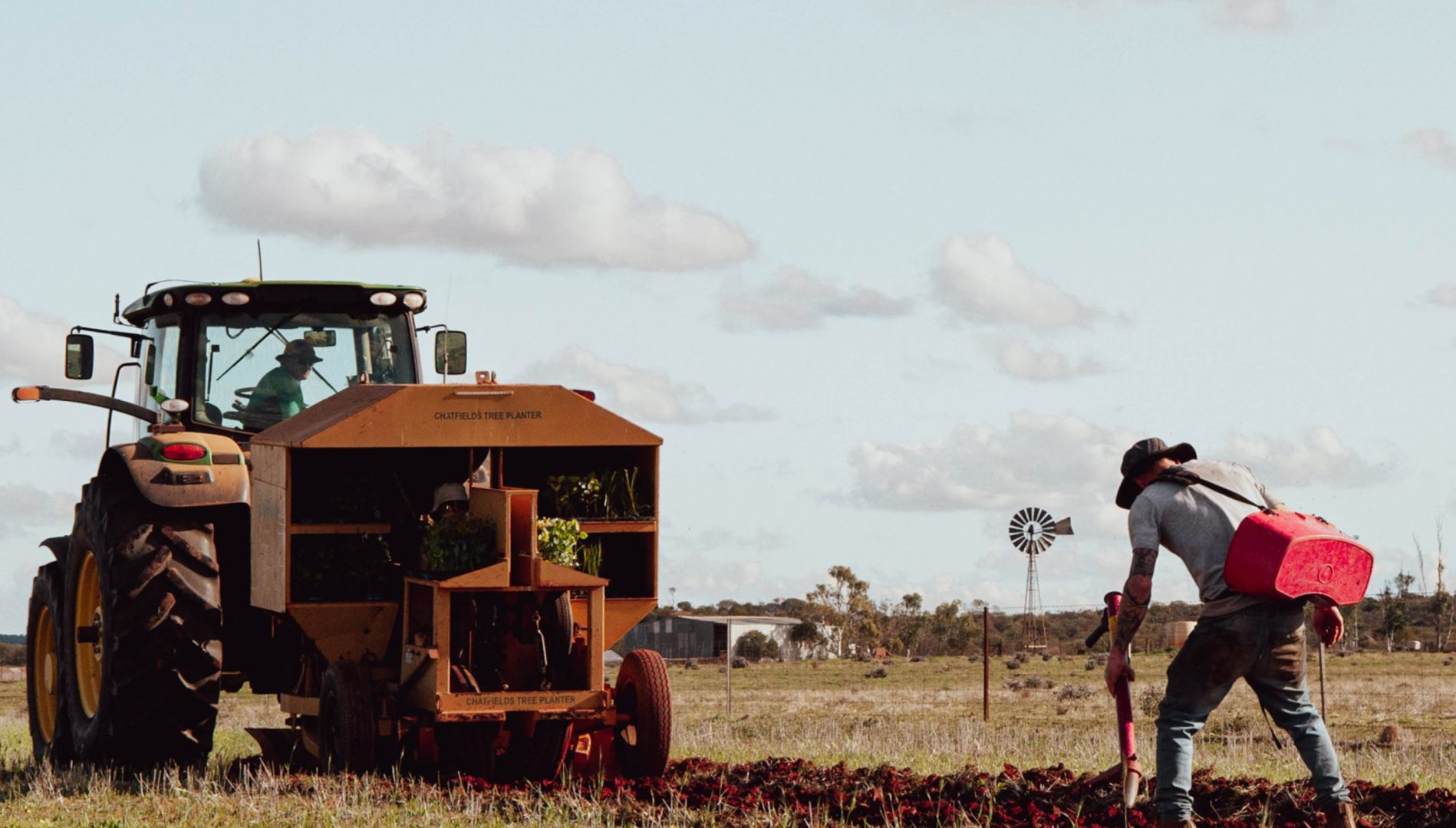

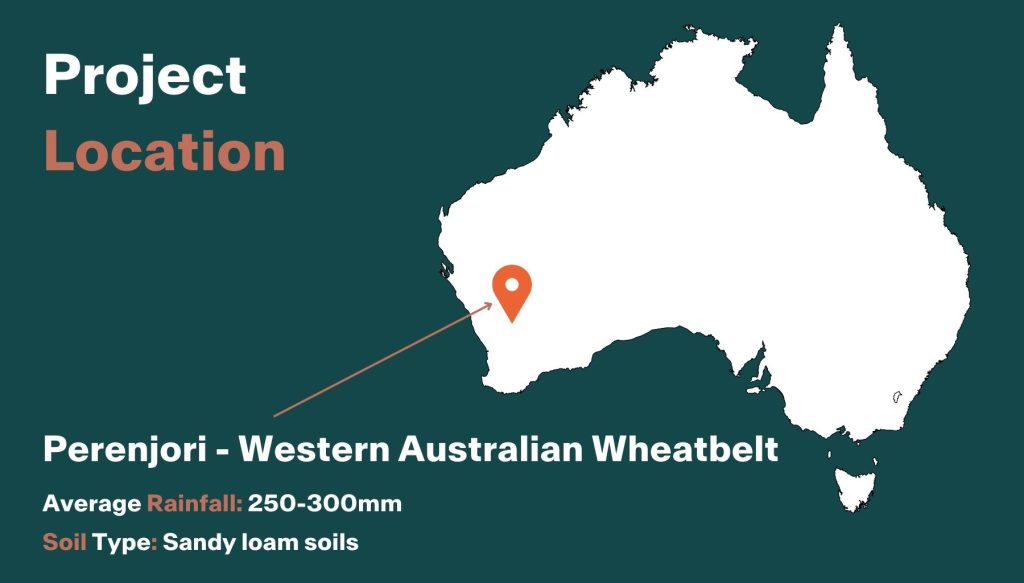
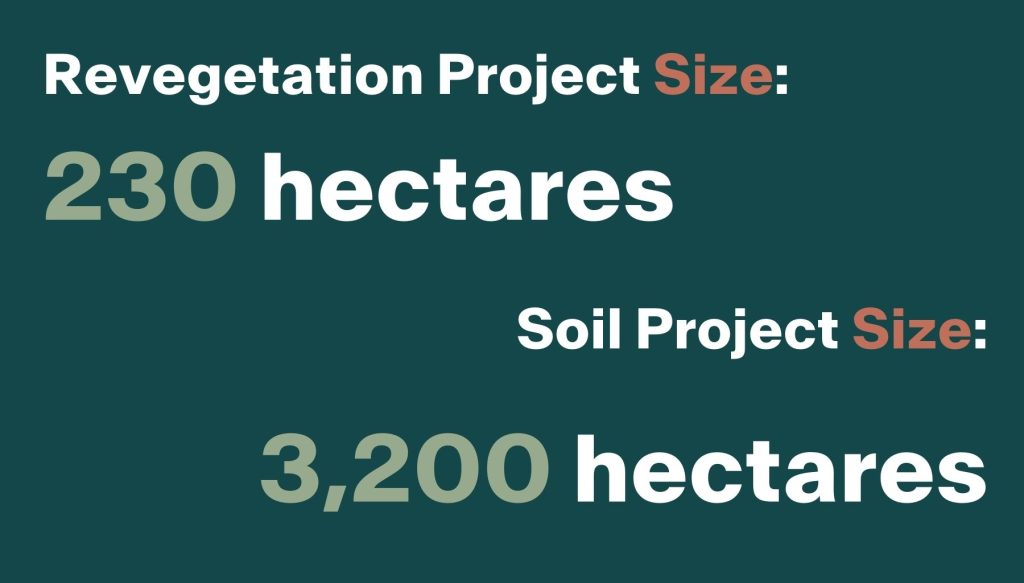
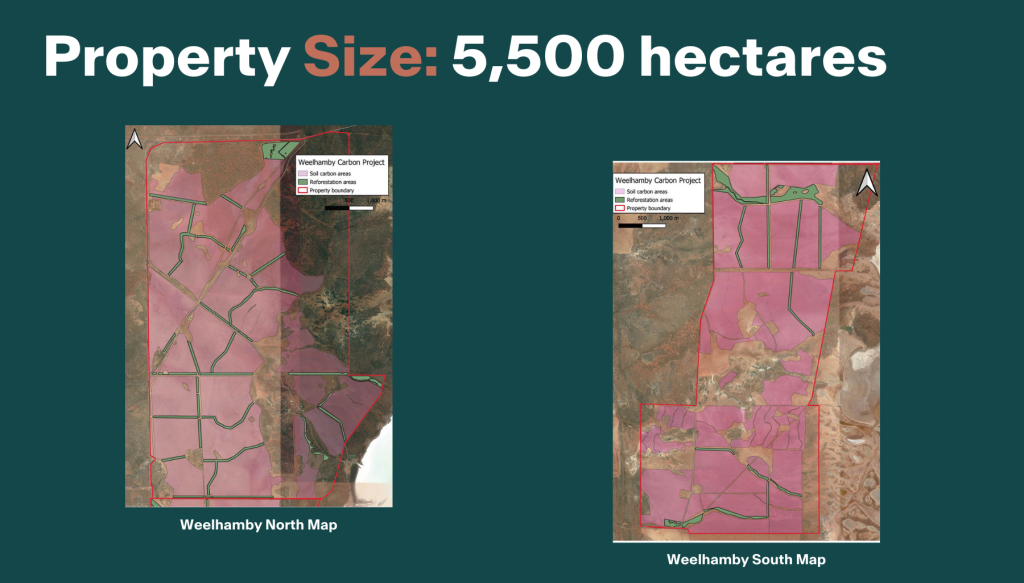
The CFF is proud to be one of the key partners facilitating the Weelhamby Carbon Project, a mixed soil & environmental plantings-based carbon farming project located near Perenjori in the Western Australian Wheatbelt.
The Weelhamby Carbon Project aims to prove that carbon farming is viable in low rainfall areas, without locking up productive land. The main goal of the project is to enhance farm resilience and productivity, whilst also boosting the property’s profitability and diversifying the income stream for this mixed cropping and livestock grazing enterprise.
While generating carbon credits is one measure of success, co-benefits are the most important part of the Weelhamby Carbon Project. Improvements in soil health and soil carbon will improve the structure and water holding capacity of the soil. This will increase the below and above ground biological activity and biodiversity, which will help maintain ground cover and minimise erosion. In the long run, this full circle of co-benefits will come together to enhance the resilience and productivity of the farm. Another outcome is an increase in profitability and the opportunity to diversify the farm’s income streams by adding carbon credits. Co-benefits are the main game, and carbon credits are the icing on the cake.
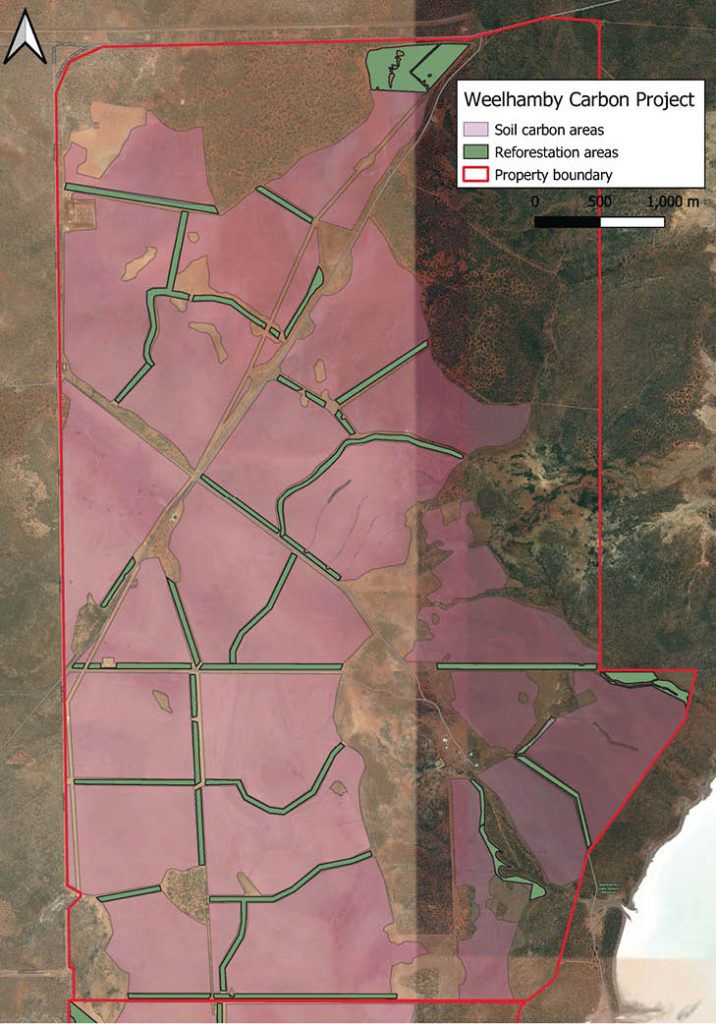
Map of Weelhamby Farm North and proposed soil carbon areas & planting areas
The Weelhamby Carbon Project has a environmental plantings and soil carbon project running simultaneously. The integration of soil and tree planting areas aims to enhance the success of the overall carbon project, as well as the on-farm productivity.
The soil carbon project areas are divided by revegetation areas that weave throughout the property. Over time, the tree plantings will slow down the movement of wind and water across the farm to help minimise erosion and increase water retention as well as provide shelter for livestock. In the meantime, they provide wildlife corridors that will link areas of remnant vegetation on the farm and the surrounding nature reserves.
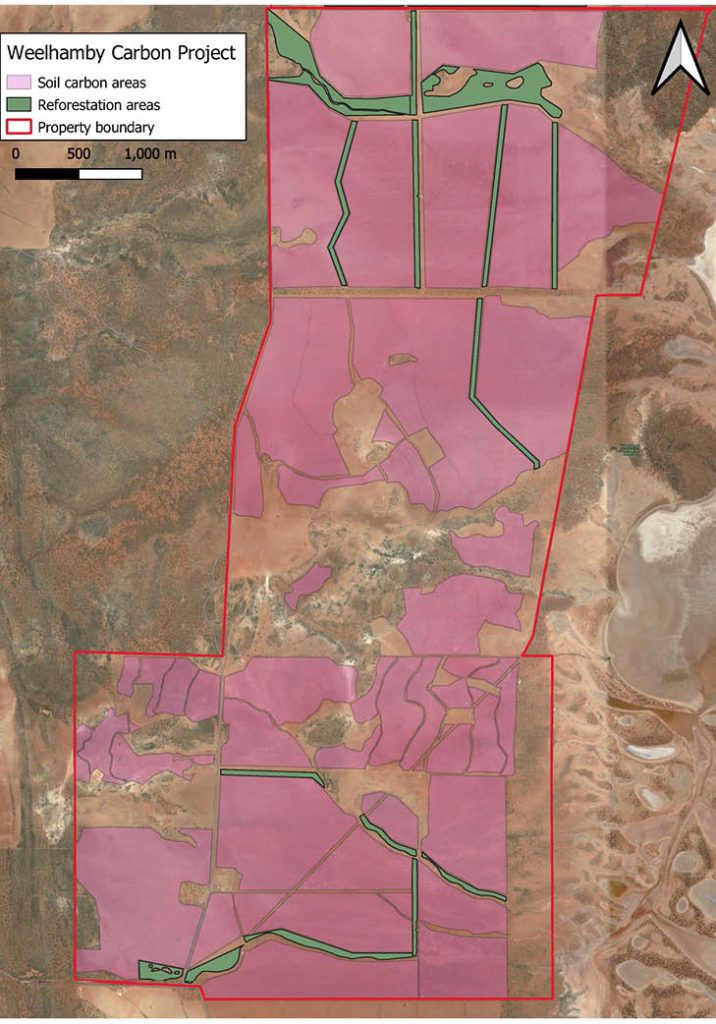
Map of Weelhamby Farm South and proposed soil carbon areas & planting areas
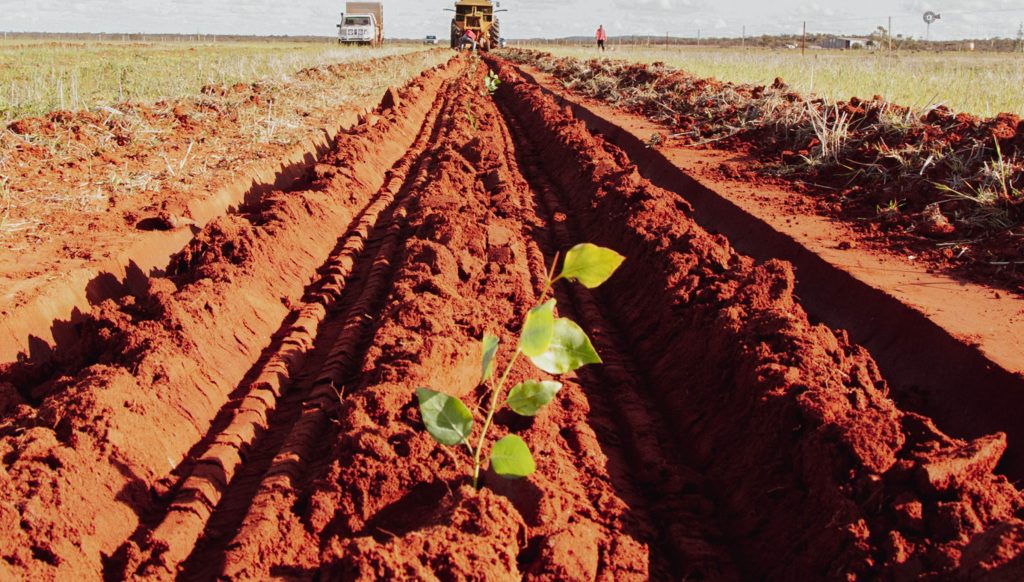
Planting at Weelhamby Farm in Winter 2022
In June & July 2022, a mix of over 40 biodiverse native tree and shrub species were planted across the 5,500 hectare farm.
As well as being a minor investor in the Weelhamby Carbon Project, the CFF has played an integral role in facilitating the revegetation project. We provided software, guidebooks, training, and support services to the Weelhamby team, so they could manage the on-ground implementation of the planting together with locally based contractors.
Restoring the local landscape was a key consideration in the planting design, specifically protecting and improving the habitat of threatened fauna, such as the mallee fowl.
To achieve these biodiversity outcomes, the design features highly biodiverse multi-strata plantings and seedlings grown from the endemic species located in the region.
The wildlife corridors are woven throughout the property to link 1,500 hectares of the farm’s remnant vegetation to the three surrounding nature reserves. The remnant vegetation has been fenced off, allowing it to recover from past grazing practices.
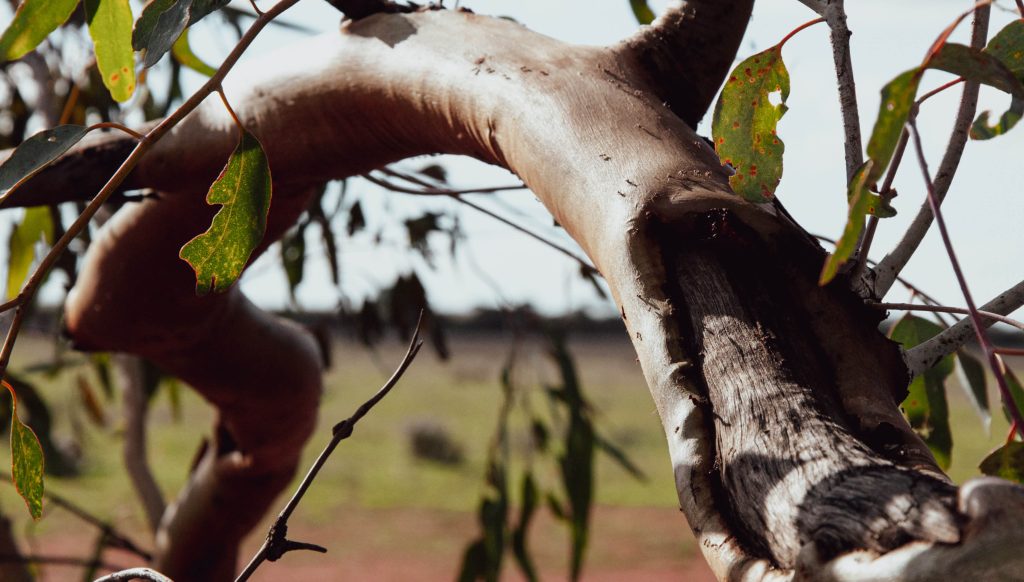
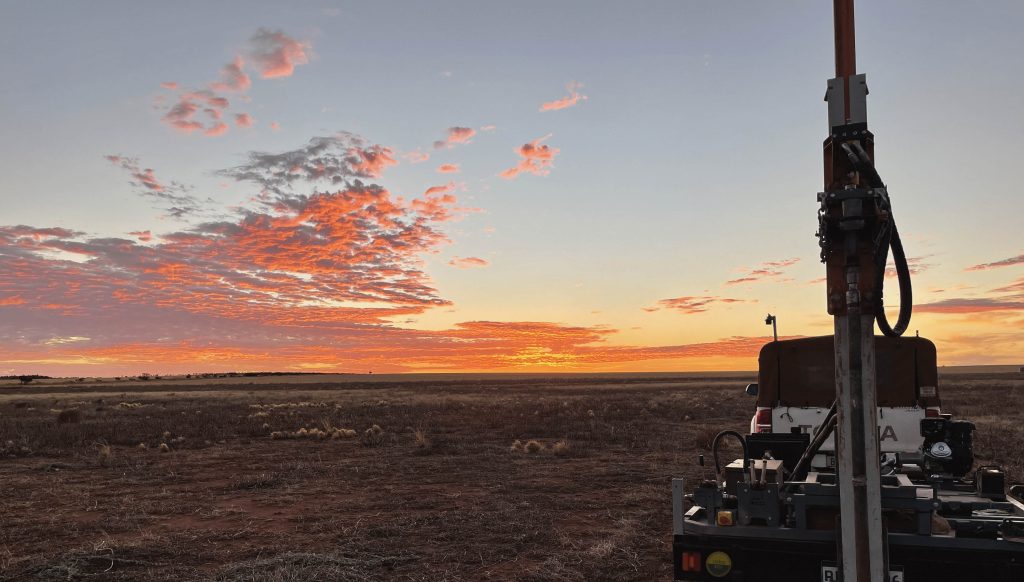
Soil Baselining at Weelhamby Farm
Image Courtesy of Carbon West
Improving soil carbon levels and boosting soil biological activity is central to the Weelhamby Carbon Project puzzle.
The registered soil carbon project covers 3200Ha, making it the largest in WA. The project has been cleverly designed to integrate landscape revegetation with pasture rejuvenation techniques to build organic carbon levels in the soil.
These strategies will be implemented to ultimately increase soil organic carbon (SOC) levels by a target of at least 0.5% in the top 30 cm of soil over the first 10 years.
Key soil building strategies include:
Carbon West has led the development of Weelhamby Farm’s soil carbon project managing all of the planning, registration and stratification analysis, and carried out all of the baseline soil sampling. The soil analysis was performed to the Clean Energy Regulator standards and the baselines were set.
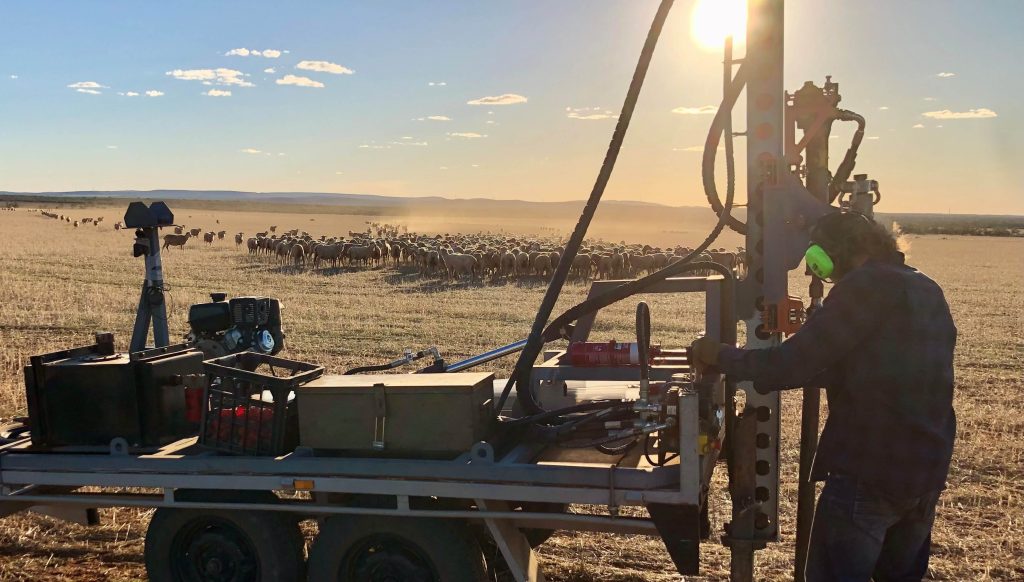
Soil Baselining at Weelhamby Farm
Image Courtesy of Carbon West
The CFF team is proud to join many partners and service providers who are dedicated to ensuring the success of the Weelhamby Carbon Project.
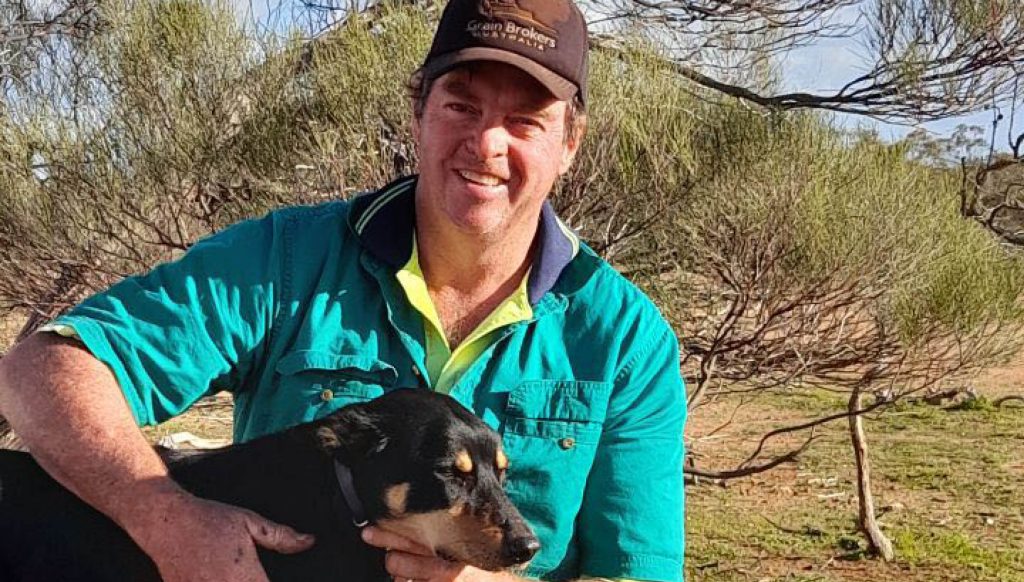
Phil Logue – Weelhamby farm manager
Leading the charge on the Weelhamby Carbon Project is David Martin. Growing up on the land, David sees carbon farming as a huge opportunity to reverse carbon emissions through the sequestration of carbon in soils and vegetation, as well as restoring and protecting biodiversity in our agricultural regions.
Agronomist Ken Bailey is at the helm of the strategy, design, evaluation, and ongoing management of the project, with farm manager Phil Logue overseeing the on-ground implementation of the soil and revegetation projects.
Early this year, the Weelhamby Carbon Project received $738,600 worth of project funding from Round 1 of the Carbon Farming and Land Restoration Program. The nature of this funding is the first of its kind in Western Australia, with Weelhamby paying an “agreed portion” of carbon credits back to the State Government once the projects start generating ACCUs (Australian Carbon Credit Units).
Weelhamby is now a public demonstration farm, hosting field days where interested farmers and industry representatives can visit, sharing updates and economic results along the way.
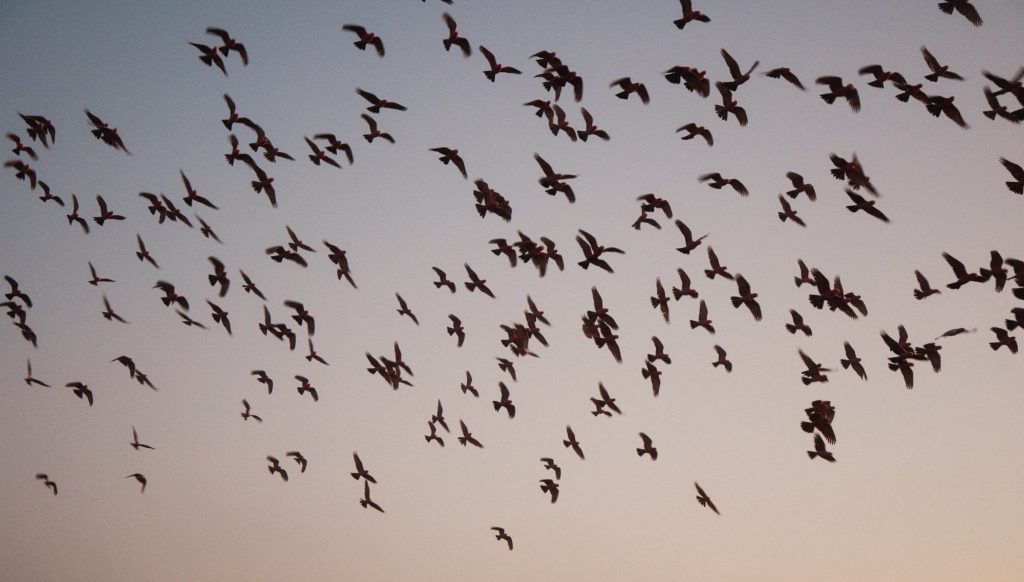
© 2024. The Carbon Farming Foundation. All Rights Reserved.
The Carbon Farming Foundation (ABN 67 645 498 004) is a Corporate Authorised Representative (AFS Representative No.001298535) of True Oak Investments Ltd (ABN 81 002 558 956, AFSL 238184).
The information on this website is general financial product advice only. It does not take your personal financial objectives, situation or needs into consideration. We recommend that you read our Financial Services Guide and consider seeking independent advice before making a financial decision.